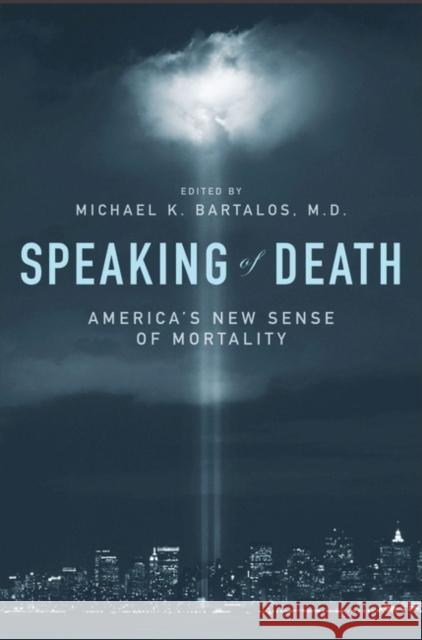Speaking of Death: America's New Sense of Mortality » książka
Speaking of Death: America's New Sense of Mortality
ISBN-13: 9780313364266 / Angielski / Twarda / 2008 / 344 str.
In the post-9/11 moments, months, and years, America has come to develop a new mortality awareness. Death, and our understanding that it can be sudden and is certainly inevitable, is being talked about more than ever before. As the team in this volume shows through groundbreaking research, surveys, interviews, and vignettes, death awareness has grown strong, and has changed the way we think and act, not only in relation to ourselves and our loved ones, but in relation to society overall. Those changes include nuances from increases in the number and size of college courses focused on death, rapid growth of death books, death photography, television shows dealing with death, as well as the recording and dissemination of death videos from those that show family members dying peacefully to the execution of terrorists or their captives. Impromptu street creations to memorialize common people who have died have emerged, as have new ways to dispose of dead bodies, including blasting ashes into space or placing them under the sea or giving them a green resting place in a natural forest. Our means of grieving, coping, and beliefs about afterlife have been altered, too.
This work also includes a look at cosmologists and physicists who have revised their theories on humanity's legacy when our world meets a fateful end, who propose a means by which mankind's achievements might survive indefinitely, transporting from one universe to another without violating the known laws of physics. This book will intrigue all with an interest in considering not only death and how 9/11 changed America's views on and beliefs about it, but also considering what could lie beyond that end for all of us.











